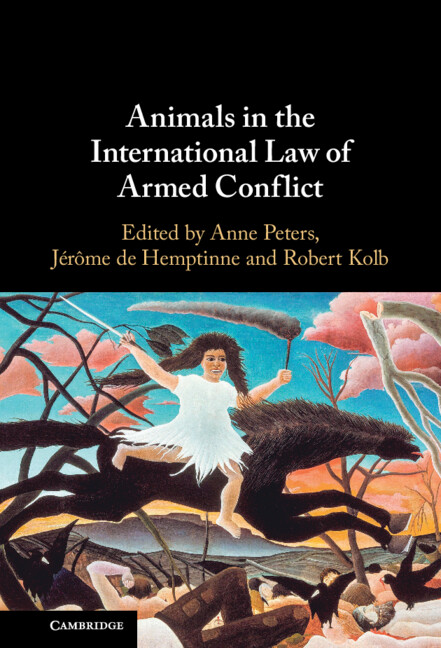

From the 1870s, the numbers of Imperial (British) troops was reduced, leaving settler units to continue the campaign.

British forces and Māori fought in various New Zealand Wars starting in 1843, and culminating in the Invasion of the Waikato in the mid-1860s, during which colonial forces were used with great effect. The first European settlers in the Bay of Islands formed a volunteer militia from which some New Zealand Army units trace their origins. The Musket Wars continued this trend and dominated the first years of European trade and settlement. War had been an integral part of the life and culture of the Māori, even prior to European contact. Main article: Volunteer Force (New Zealand) New Zealand personnel also served in several UN and other peacekeeping missions including the Regional Assistance Mission to Solomon Islands, the Sinai, South Sudan and Sudan. Considering the small size of the force, operational commitments have remained high since the start of the East Timor deployment in 1999. Since the 1970s, deployments have tended to be assistance to multilateral peacekeeping efforts. ĭuring its history, the New Zealand Army has fought in a number of major wars, including the Second Boer War, the First and Second World Wars, Korean War, the Malayan Emergency, Indonesia–Malaysia confrontation, Vietnam War, and more recently in Iraq and Afghanistan. The current name was adopted by the New Zealand Army Act 1950. The New Zealand Army ( Māori: Ngāti Tūmatauenga, "Tribe of the God of War" ) is the principal land warfare force of New Zealand, a component of the New Zealand Defence Force alongside the Royal New Zealand Navy and the Royal New Zealand Air Force.įormed in 1845, as the New Zealand Military Forces, the Army traces its history from settler militia raised in that same year.


 0 kommentar(er)
0 kommentar(er)
